ADHD: 6 Tips for Thriving at Work and in Business
Posted on November 11, 2013 by Debra Burdick
During my past 20+ years in private practice I have discovered that many of my adult clients who experience  trouble being productive and successful at work or in their own business actually have undiagnosed ADHD. They often have a pattern of frequent Job changes, impulsiveness, careless mistakes, not paying attention to detail, disorganization and poor task completion. Besides being very stressful this often results in depression, anxiety, feelings of failure, and constant internal pressure to succeed. It can impact their ability to move ahead in their field or earn the money they desire. In fact a Harvard study found that adults with ADHD earn as much as $15,000 per year less than peers without ADHD.a Ouch!
trouble being productive and successful at work or in their own business actually have undiagnosed ADHD. They often have a pattern of frequent Job changes, impulsiveness, careless mistakes, not paying attention to detail, disorganization and poor task completion. Besides being very stressful this often results in depression, anxiety, feelings of failure, and constant internal pressure to succeed. It can impact their ability to move ahead in their field or earn the money they desire. In fact a Harvard study found that adults with ADHD earn as much as $15,000 per year less than peers without ADHD.a Ouch!
Read the following six tips to help adults with ADHD thrive in their work or business.
1). Choose a career that suits your strengths. Some careers and businesses are better suited to people with ADHD than others. Many entrepreneurs, inventors, actors, inspirational figures, and leaders use their ADHD to their advantage.
Figure out what you are really good at. This may involve discovering the parts of your current job that you do really well and which you struggle with. Or it might involve consulting a career counselor who can help assess your strengths and make suggestions for careers you would thrive in. One man who was a roofer was discouraged and depressed because no matter how hard he tried to get the shingles on perfectly, when he stepped back to survey his work he would always find mistakes and have to redo sections of the roof. This was clearly not the best work for him. He loved the building trades and discovered he was able to supervise a crew who did the actual roofing more successfully than doing it himself.
2). Get organized. Adults with ADHD often haven’t developed habits that 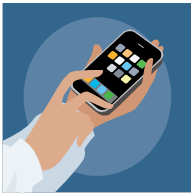 help most people stay organized. One client was always stressed out and late getting his reports in until he started entering deadlines into his smartphone. Get in the habit of using some type of an electronic planner where you can set alarms to remind you of meetings and appointments as well as deadlines. I know you have heard this before and you might be saying, “that doesn’t work for me”. It does work but you must be willing to do it until it becomes automatic for you. Don’t give up.
help most people stay organized. One client was always stressed out and late getting his reports in until he started entering deadlines into his smartphone. Get in the habit of using some type of an electronic planner where you can set alarms to remind you of meetings and appointments as well as deadlines. I know you have heard this before and you might be saying, “that doesn’t work for me”. It does work but you must be willing to do it until it becomes automatic for you. Don’t give up.
Set your intention to use a system that works best for you to keep track of your commitments, schedule, deadlines, meetings, and appointments. You might benefit from hiring the services of a professional organizer who can help you put effective systems in place tailored specifically to your work style.
3). Set your intention to pay attention. Poor concentration is a classic challenge with ADHD. Take a deep breath in, breathe out slowly, and think about what you need to be doing during any given moment. Set your intention to pay attention to that one thing. Every time you notice your mind has wandered, accept it and bring your attention back to what you are intending to pay attention to. This process of refocusing your attention gets easier with practice but the basic concept requires you to deliberately set you intention about what to pay attention to. For example, say you want to get a work project done. Set your intention to pay attention to that project. When you notice you are distracted, simply bring your attention back to the project, over and over again.
4). Remove distractions from your workplace. Being easily distracted is a hallmark of ADHD. Therefore, protect your environment as much as possible from things that distract you. Check your emails at pre-specified times, but not every few minutes; perhaps when you start work, and then every two hours. Nobody can get anything done when their attention is derailed from what they are doing over and over again. If you work in an office, close the door when you are working on a project where you need uninterrupted time. If you work in a noisy environment wear headphones and listen to music that you don’t particularly like. Your brain will soon ignore the music (remember, it’s not your favorite) but the surrounding sound will be blocked out so you will be able to concentrate better.
5). Learn to say “no”. It is easy to become overwhelmed with too much to do. Look at the demands on your time and give some serious thought to what you can reasonably accomplish. Let your boss know when you have enough work on your plate. Read 10 Signs Your Boss is Stressing You Out for how to do this. Instead of saying “yes, I will do that”, say “let me think about it and get back to you”. This will give you time to consider whether the request is something you actually have time to complete.
Look at the demands on your time and give some serious thought to what you can reasonably accomplish. Let your boss know when you have enough work on your plate. Read 10 Signs Your Boss is Stressing You Out for how to do this. Instead of saying “yes, I will do that”, say “let me think about it and get back to you”. This will give you time to consider whether the request is something you actually have time to complete.
This also involves saying “no” to tasks that are not what you have intended to pay attention to. For example, if you decide to clean off your desk, resist the urge to read the letter you just found in the pile. Just put it where it belongs or in a place you can find it to read later – such as in a folder labeled “Read Me”.
 6). Get help and delegate tasks that challenge you. Arrange your work or business so you do only those tasks that use your brilliance and expertise. Delegate the rest to an assistant or other professional. Think about it. A surgeon focuses on the surgery itself. Other staff prepare the operating room, do the patient check in, monitor vital signs, and even hand the surgeon the instruments. The surgeon does not do it all themself. Neither should you.
6). Get help and delegate tasks that challenge you. Arrange your work or business so you do only those tasks that use your brilliance and expertise. Delegate the rest to an assistant or other professional. Think about it. A surgeon focuses on the surgery itself. Other staff prepare the operating room, do the patient check in, monitor vital signs, and even hand the surgeon the instruments. The surgeon does not do it all themself. Neither should you.
a. Biederman, J., Faraone, S. (2006). The Effects of Attention-Deficit/Hyperactivity Disorder on Employment and Household Income. MedGenMed.; 8(3): 12.
I would love to hear your personal experiences with this topic.
Categories: ADHD, Articles, Business/Workplace

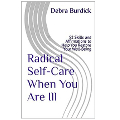

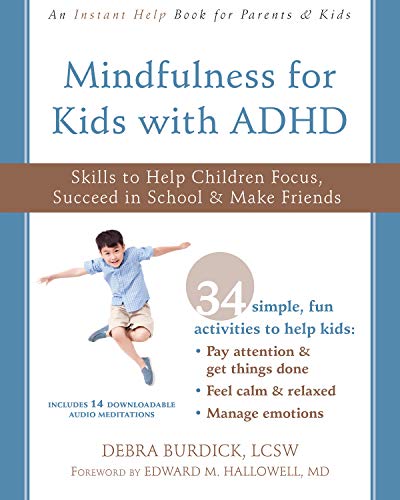
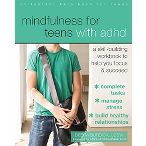
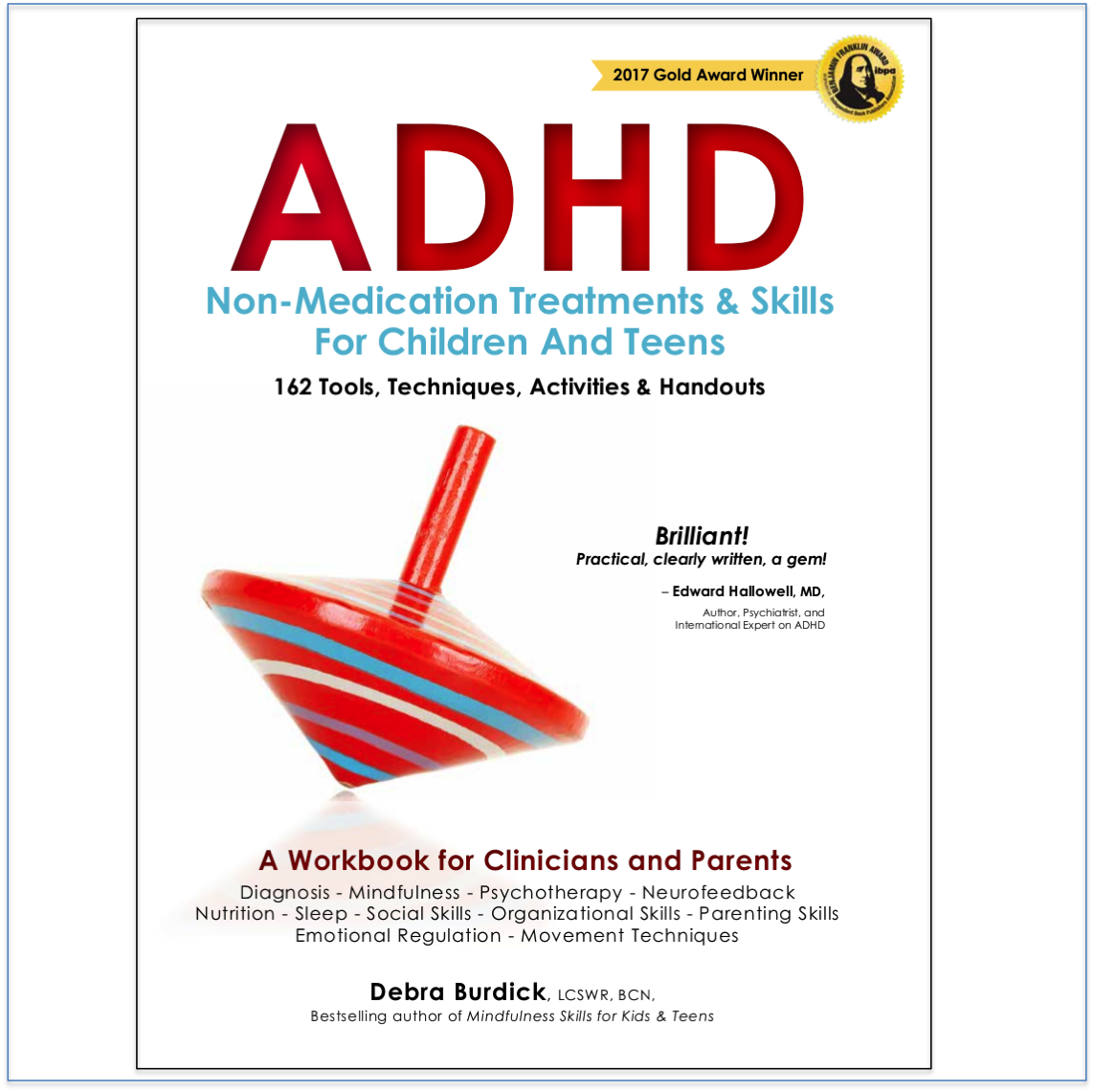
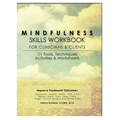
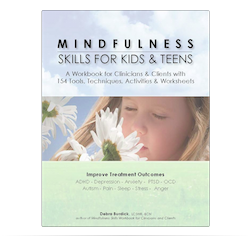
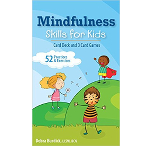
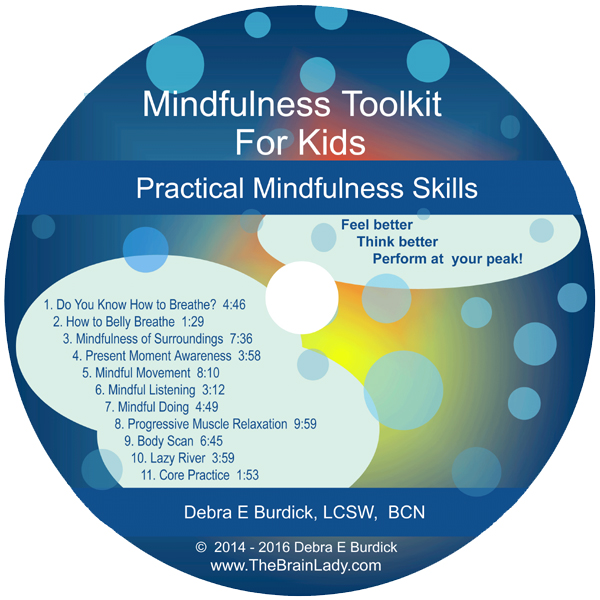
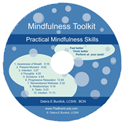
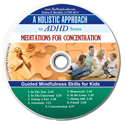
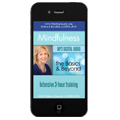
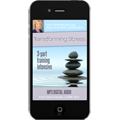
No comments yet. You should be kind and add one!
The comments are closed.